It’s an interesting theme to unpick. Why are caring about the environment, eco-friendly behaviour, ethical values, and even veganism traditionally considered more female traits and habits than male ones?
Multiple studies have reported a gender gap in eco-behaviours. A Mintel report showed;
- 59% of men are committed to ethical living, compared to 71% of women
- 65% of women inclined to encourage their loved ones to adopt an ethical lifestyle compared to 56% of men
- 38% of women make an effort to conserve water versus 30% of men
- 33% of women frequently compost food waste compared to 27% of men
Analysis of this apparent disparity focuses on the fact that women continue to play a larger role in the home and in consumer choices i.e. women take a lead on the shopping, running the home, and therefore activities like recycling. And for this reason, eco-friendly marketing messages tend to be more geared towards women, perpetuating the trend.

The plastic problem is universal
The crisis with plastic, particularly single use plastic, is a global one. Globally, 380 million tons of plastic is produced every year. (Source: Plastic Oceans). 91% of this plastic is not recycled. (Source: National Geographic). The health and beauty industry is a big contributor to this, with 80 billion plastic shampoo and conditioner bottles thrown out globally each year. (Source: Ethique). Sadly only 50% of bathroom waste gets recycled, compared to 90% of waste in the kitchen.
A report by Deloitte showed some good news though in terms of consumer attitudes.
For the last two years, avoiding single-use plastics has been the most common way consumers demonstrate their commitment to sustainability, with 61% saying they have cut back.
It varies by product category. When it comes to the very plastic dominated beauty and personal care product sector;
24% of consumers try to limit their use of single use plastics.
35% of consumers have chosen brands that have environmentally sustainable practices/ values.
38% of consumers have stopped purchasing certain brands due to ethical/ sustainability concerns.
34% of consumers have chosen a brand with ethical practices and values.
This is good news. But those numbers need to increase.
The men’s grooming industry is growing, and it needs an eco-makeover
When we think about the cosmetic and beauty industry, it’s often associated with women. However, the men’s grooming industry has been steadily growing; pre-Covid figures putting the industry at £500 million in the 12 months to the end of June 2019, £2.2 million higher than the previous year (Statistica).

Additionally, home grooming products have enjoyed a notable spike due to the closure of barbers during lockdown and thanks to the trend towards beards and longer hair styles.
But it’s not just hair. Men’s skincare has been growing too, and even men’s make up.
What is extremely disappointing is the news that globally just 4-12% of men’s personal and beauty care products are eco products with organic or vegan claims (Mintel UK Men’s Haircare and Skincare Industry Report 2018).
Put another way, the vast majority of men’s grooming products are packaged in plastic – which will be disposed of in a matter of days or weeks depending on the product. We can all see if for ourselves from a cursory look at the grooming shelves of any beauty retailer or supermarket.
As the men’s grooming industry continues to grow, this reliance on plastic packaging needs urgent action. We need better education around eco-friendly alternatives, a larger range of appealing sustainable choices, and strong, engaging messaging.
Raising the bar
At the Little Soap Company our whole purpose and mission is to protect the planet. So, where we see a corner of the cosmetic market lagging behind, our creativity and innovation kicks in.
We know when it comes to shaving, washing, and hair grooming, there’s an alternative to plastic, and superior ingredients are available.
There’s sustainable, vegan packaging, and there are the natural cruelty-free, high-quality skin and planet-kind materials we incorporate into all our products.

We know there’s an appetite for it, especially among next generations. The Mintel Report tells us 46% of UK men want their beauty/grooming routines to be clean (i.e. containing few chemicals). Perhaps this is due to a significant number (32%) of UK men saying they have sensitive skin. Similarly, a third of UK men agree it is important men’s haircare brands feature natural or organic ingredients.
Celebrities and influencers like Brooklyn Beckham are speaking out on the subject of sustainability, aligning themselves with sustainable brands, and promoting eco-friendly behaviours.
And GQ magazine frequently highlights trending eco-products and recommends buying ‘less but better’; reinforcing positive earth-friendly messages to their male audience.
With the growth of the men’s toiletries market will come an increased demand for eco-friendly, high-quality products.
Our Eco-Warrior Men’s Edit range includes Shampoo Bar, Shaving Bar, and All Over Body Bar. They are plant-based and 100% vegan, contain a minimum of 93% naturally derived ingredients, are Leaping Bunny Cruelty-Free, and where palm oil is used, it’s only RSPO Certified Sustainable.

